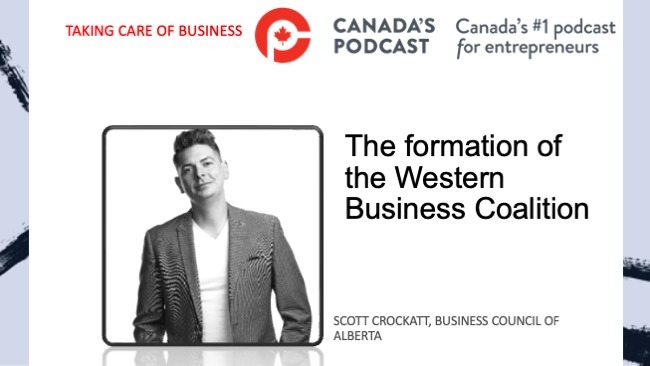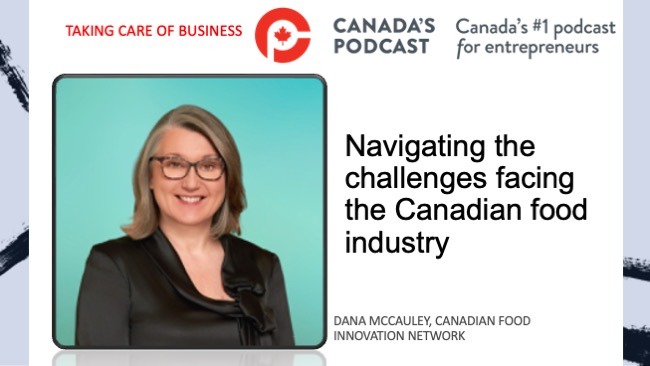The timing of a virtual roundtable at the recent Collision tech conference could not have been better: The effects that running a start-up can have on an individual’s mental health, why it is important to talk about it and the tools available to help through any number of issues.
Hosted by Mark Groves and Aaron Albert co-founders of Mine’d, a digital platform that connects people with emotional wellness experts, and Sunil Sharma, managing director of early-stage investor Techstars Toronto, panelists didn’t hold back when it came to describing how they are feeling and how they are coping, particularly in the past year so since the onset of the pandemic.
Joining the three co-hosts were Safak Erkol, co-founder of U.K.-based Fastbag, an AI-based application for the on-demand, grocery delivery market, Alejandro Serraro, co-founder of uMore.app, a “mental wellbeing platform that aims to help users better manage their mental health,” Courtney Carlson, the founder of Paradym, an emotional well being program, Mary Blake, founder of PathoSpy, a mobile app that allows “individuals to look up their destination of choice, and provides information about health concerns” in that destination, and Calgary-based Sid Sharma, the CEO of REHUMAN, a patent-pending offering that allows users to store and share their “tamperproof credentials safely and securely with service providers.”
And whether their specialties were self-help in nature or not, if there was one link that connected each it was that nobody is immune from the pressure and the mental exhaustion that every company founder will sometime face.
“One of the issues that we have in the start-up world is that we create environments that are very ambitious,” said Serraro. “We want our staff members and ourselves to be able to achieve as much as we can, but not always do these environments lead to a situation in which we can be open about our mental health.”
He also referenced the type of language that is used by many in the start-up world “where the odds are stacked against us: We describe it as a battle and use metaphors of war and fighting for high outcomes.
“When you think about this language it is very conducive to you not being able to give up, not being able to take a break. It is important to take a break and go for the long-term narrative. It’s a marathon and not a sprint.
“We need to make sure that the language that we use and the expectations that we put on people are ones that will allow us to be ambitious and grow and scale, but not to the point where the mental health of team members are ultimately ignored.”
Being so purpose-driven, said Sharma, who launched REHUMAN in 2019, can become toxic after a certain period of time.
“I personally get one-tracked in the sense that I won’t connect with family members or friends and what you notice is that two or three weeks go by and you haven’t talked to anyone but your team members,” he added.
Emotions are very much a part of any start-up and with Mine’d, the Toronto-based company was literally formed as a result of heartbreak, which is how Albert and Groves met and formed a business partnership.
Groves was the first to be crushed 15 years ago. A pharmaceutical sales rep at the time, he ultimately left the profession and ended up moving in an entirely new career direction.
“I felt like a failure because my relationship ended and as a result started to redirect myself to study romantic relationships,” he said. “Why did they end? Why do they not? Why do we celebrate longevity of a relationship when people don’t like each other? How do we maintain a relationship and still thrive? And then of course, as we’re talking about health, the impact of emotional stress and relational chaos on our own inflammatory processes.
“I went back to school and studied positive psychology and I really saw this opportunity.”
He ultimately spoke, wrote and counselled on the topic of heartbreak and Mine’d came about after Albert came across a quote online from Groves three years ago as he mourned the loss of a relationship.
The memorable quote, he recalls, was as follows: “If you deprive yourself of feeling the lowest of the lows, you are also going to deprive yourself from feeling the highest of the highs. They do not exist without one another.”
As a result of a subsequent meeting between the two, Mine’d was created in 2019.
Now part of the Techstars Toronto accelerator, the importance of mentorship is critical as is the feedback these two entrepreneurs and others receive through the program, said Sharma.
The key, he added, is ensuring feedback is realistic.
“Culturally, there is a pre-disposition to give you positive reinforcement about your journey as a founder, he said.
“When I look at it over a long period of time, particularly here in Canada, the ecosystem is inherently biased towards giving positive feedback – giving you encouragement, giving you essentially in some cases false signals about the future viability of your company.
“The impact of that can be catastrophic not only to your journey as an entrepreneur and your financial health. You’re going to dedicate your life savings to your company. It can ruin your relationships – inter-personal relationships, relationships with loved ones, with your parents, your family. Very often they are your investor.
“They put money into your venture to support you and not to dampen your enthusiasm to something innovative and you are beholden to them. You feel the pressure and it can tumble down on you so quickly. I see that happening more now than ever in part because we have this love affair with being with an entrepreneur, we have this interest in launching start-ups.”
In many cases, added Sharma, people leave well paying jobs to pursuit their goals, follow their dreams and take a risk: “Along the way the feedback loop was encouraging you to keep doing it when in reality, what people didn’t tell you is that there is ‘no way this company is viable. There are 100 reasons why this is not going to work and why you are not the person to do it.’ That’s what they think, but it is not necessarily what they say.”
In the end, said Groves, who describes himself as a human connection specialist, “hard truths, are the necessary truths.”





